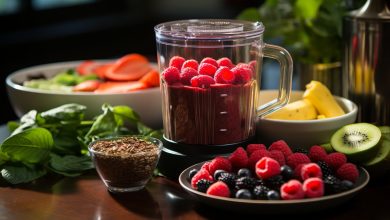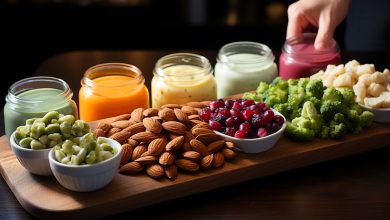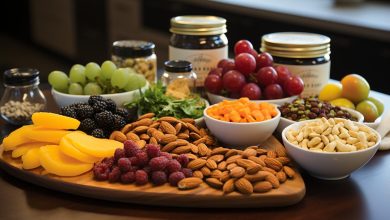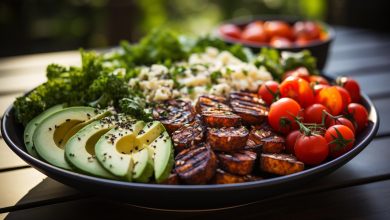The Best Foods for Muscle Recovery After a Run

Are you tired of feeling like you’ve been hit by a truck after your runs? Look no further! In this article, we will reveal the secret to faster muscle recovery – the best foods to eat after a run.
Whether you’re an avid runner or just starting out, proper post-run nutrition is key to optimizing your performance and reducing muscle soreness. So, get ready to discover the ultimate fuel for your muscles and say goodbye to those dreaded post-run aches and pains!
The Importance of Post-Run Nutrition
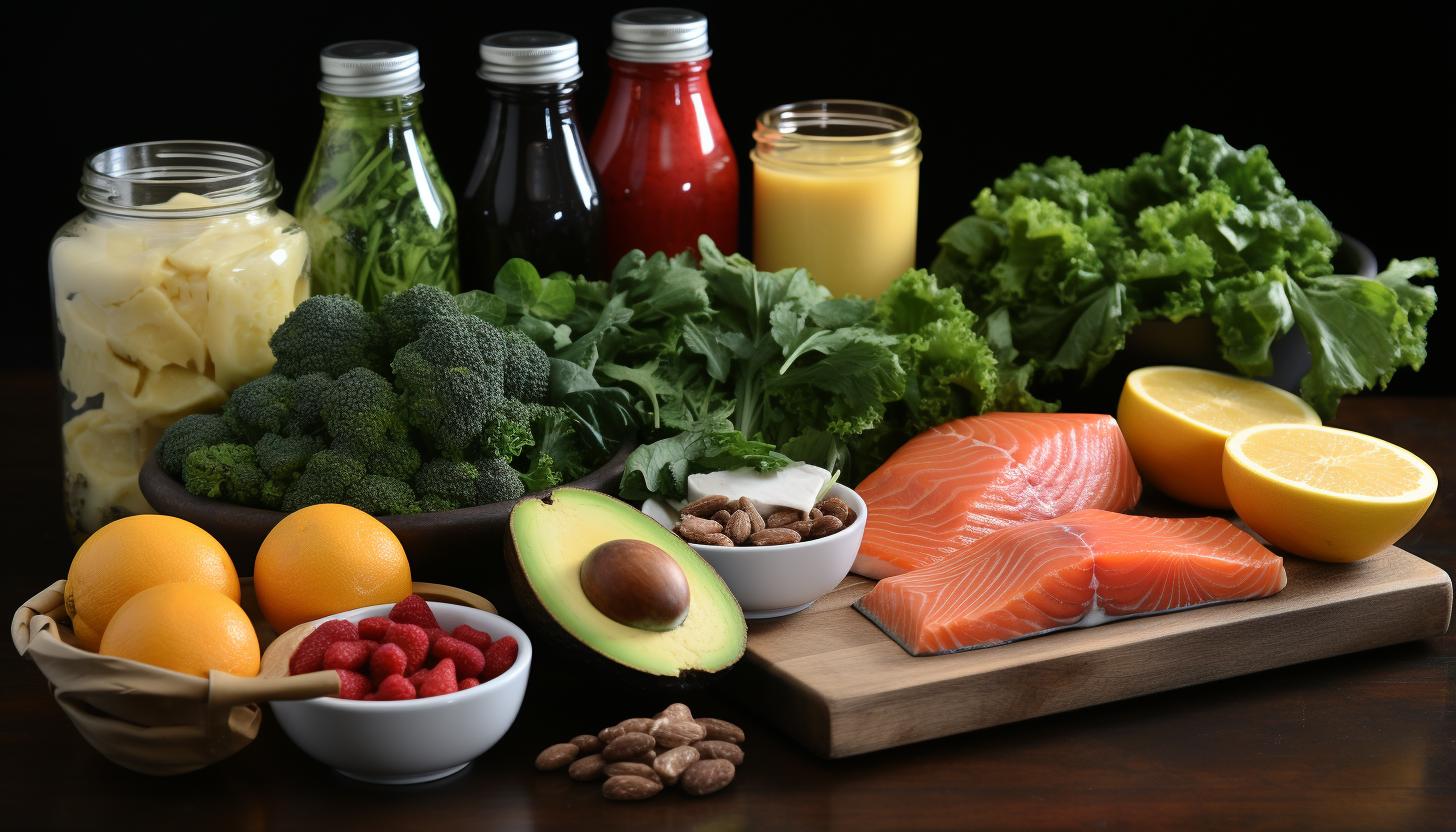
Post-run nutrition is crucial for muscle recovery and replenishing energy levels. After a run, your body needs the right nutrients to repair and rebuild muscle tissue that may have been damaged during exercise. One key nutrient that plays a vital role in muscle recovery is carbohydrates. Carbohydrates are the primary fuel source for your muscles, and consuming them after a run helps replenish glycogen stores that were depleted during exercise. This ensures that your muscles have enough energy for the next workout.
The timing of post-run nutrition also has a significant impact on muscle recovery. It is recommended to consume a combination of carbohydrates and protein within 30 minutes to an hour after your run. This window of opportunity is when your body is most receptive to nutrient uptake, allowing for faster muscle repair and growth.
Including carbohydrates in your post-run meal or snack can be as simple as having a banana or some whole grain toast with nut butter. These carbohydrate-rich foods provide quick energy and help kickstart the recovery process. Pairing them with protein sources like Greek yogurt or lean meats enhances muscle repair even further.
Essential Macronutrients for Muscle Recovery
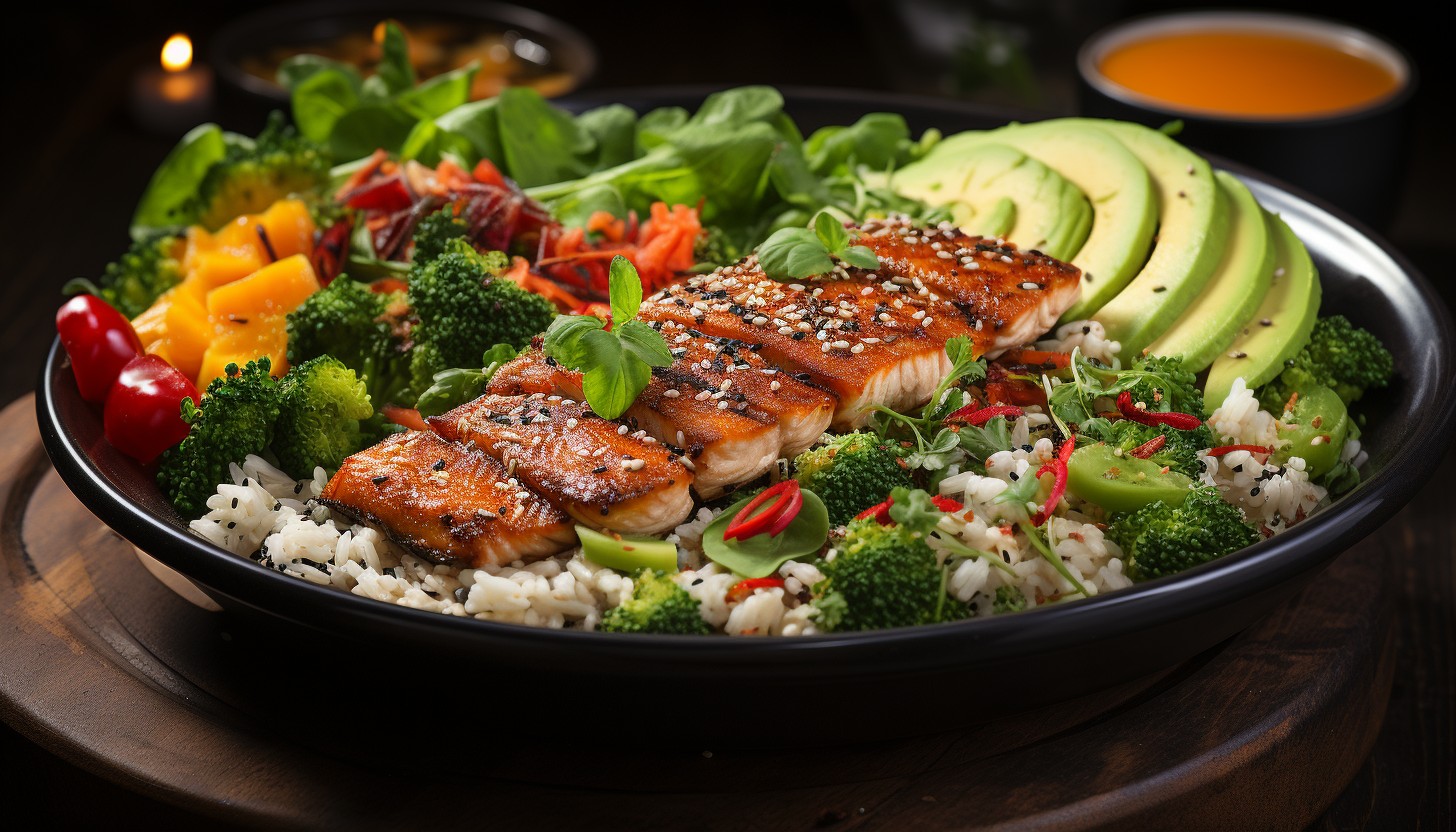
During your run, it’s important to focus on consuming essential macronutrients for optimal muscle recovery. Nutritional timing plays a crucial role in maximizing the benefits of your workout and enhancing muscle repair. After a vigorous run, you can aid your body’s recovery process by fueling it with the right nutrients.
Here are four essential macronutrients that can help you recover effectively:
– Protein: Consuming protein-rich foods after your run is vital for muscle repair and growth. Lean sources such as chicken, fish, tofu, or Greek yogurt provide the necessary amino acids to rebuild damaged muscle fibers.
– Carbohydrates: Replenishing glycogen stores is crucial for quick muscle recovery. Opt for complex carbohydrates like whole grains, fruits, and vegetables to restore energy levels.
– Healthy Fats: Including sources of healthy fats such as avocados, nuts, and olive oil in your post-run meal helps reduce inflammation and supports overall recovery.
– Hydration: Proper hydration is essential for optimal performance and efficient muscle recovery. Be sure to drink plenty of water before, during, and after your run to replenish electrolytes lost through sweat.
While focusing on these essential macronutrients is key for post-run recovery nutrition, some individuals may also consider incorporating specific muscle-building supplements. However, it’s important to consult with a healthcare professional or registered dietitian before adding any supplements into your routine to ensure safety and effectiveness.
Top Protein Sources for Muscle Repair
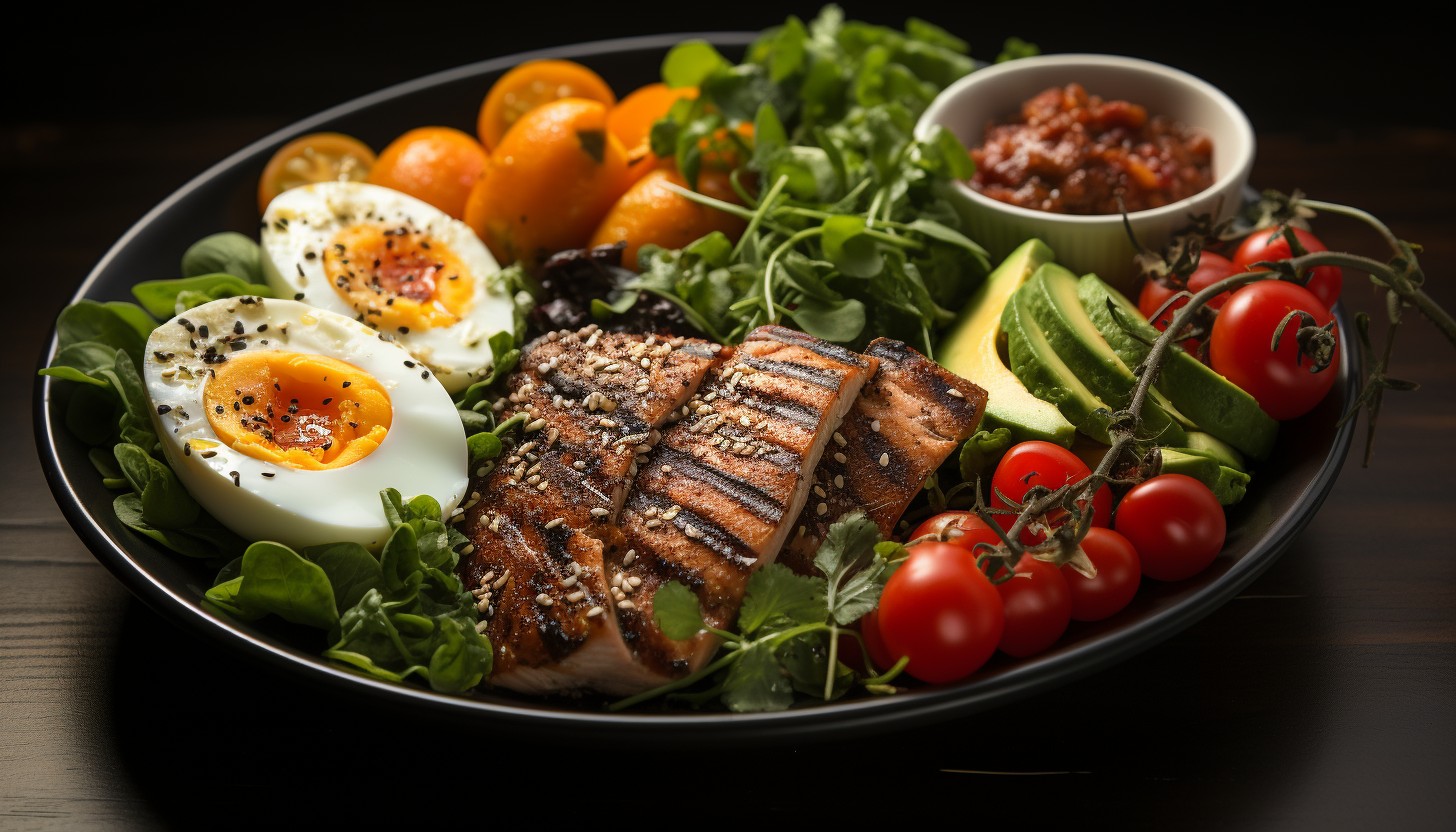
To support your muscles’ repair process, you can incorporate protein-rich sources like chicken, fish, tofu, or Greek yogurt into your meals. Protein is essential for muscle recovery as it provides the necessary building blocks to repair and rebuild damaged muscle fibers after a run. While animal-based proteins are commonly known for their high protein content, there are also plenty of vegan protein options available.
For those following a plant-based diet, vegan protein sources such as lentils, quinoa, tempeh, and edamame can be excellent choices. These foods not only provide an adequate amount of protein but also contain other important nutrients like fiber and antioxidants.
Timing is crucial when it comes to post-run meals. Consuming protein within 30 minutes to an hour after your run can optimize muscle recovery. This window of opportunity allows your body to efficiently absorb and utilize the amino acids from the protein source.
Including carbohydrates alongside your post-run meal is also important as they replenish glycogen stores in the muscles. Opt for complex carbohydrates like whole grains or fruits to provide sustained energy and aid in recovery.
Anti-Inflammatory Foods to Reduce Muscle Soreness
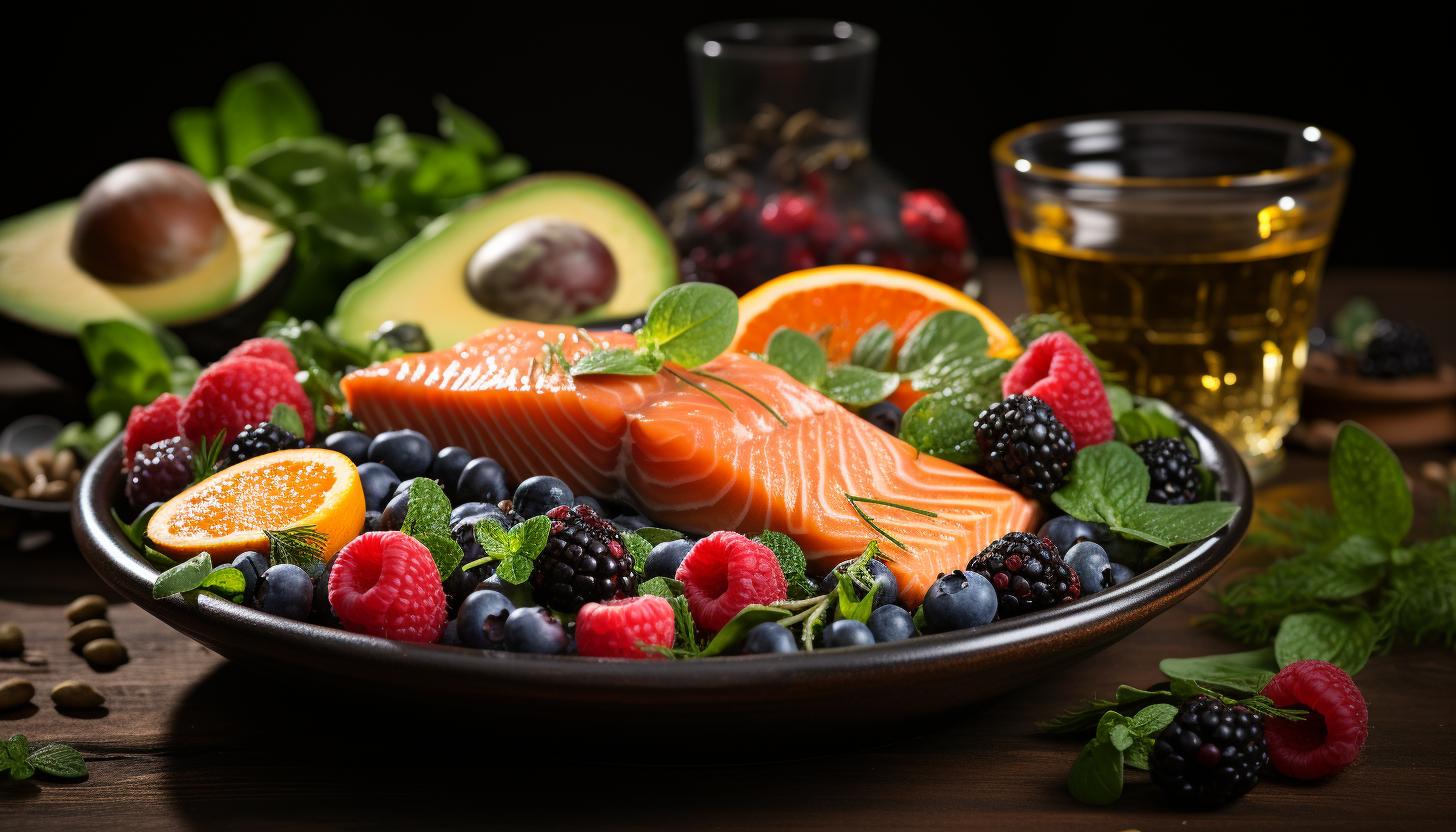
Including anti-inflammatory ingredients in your meals can help alleviate muscle soreness and enhance your overall recovery process. Certain foods have been shown to be particularly effective in reducing inflammation and promoting healing. Here are some anti-inflammatory foods that you can incorporate into your diet:
– Turmeric: This spice contains a compound called curcumin, which has powerful anti-inflammatory properties. Adding turmeric to your meals or drinking turmeric tea can help reduce muscle soreness.
– Ginger: Known for its ability to reduce inflammation, ginger can be added to smoothies or used as a spice in various dishes. It also aids digestion, which is important for nutrient absorption and recovery.
– Fatty Fish: Fish like salmon, mackerel, and sardines are rich in omega-3 fatty acids, which have been found to decrease inflammation in the body. Including these fish in your post-run meals can help speed up recovery.
– Berries: Blueberries, strawberries, and cherries are packed with antioxidants that fight inflammation. These delicious fruits can be enjoyed on their own or added to yogurt or oatmeal for a tasty post-run snack.
In addition to incorporating these anti-inflammatory foods into your diet, stretching techniques such as dynamic stretching before exercise and static stretching afterwards can also aid in reducing muscle soreness. Stretching helps improve flexibility and increases blood flow to the muscles, promoting faster recovery.
Transition sentence: In addition to proper nutrition and stretching techniques, hydration strategies play a crucial role in optimizing your recovery process after a run.
Hydration Strategies for Optimal Recovery

One important aspect of optimizing your recovery process after a run is ensuring proper hydration. Hydration plays a crucial role in maintaining your body’s performance and overall well-being. When you exercise, especially during intense workouts or long runs, you lose water through sweat, leading to dehydration. To prevent this, it’s essential to follow some pre-run hydration tips:
1. Drink water throughout the day: Make sure you’re well-hydrated before starting your run by drinking plenty of water throughout the day.
2. Consume electrolytes: Electrolytes are minerals that help maintain fluid balance in the body. Including electrolyte-rich foods or drinks before your run can aid in replenishing these essential nutrients.
3. Avoid excessive caffeine and alcohol: Both caffeine and alcohol can contribute to dehydration, so limit their consumption before running.
To understand the importance of proper hydration further, take a look at this table highlighting different electrolyte replenishment strategies:
| Electrolyte | Food Sources | Benefits |
|---|---|---|
| Sodium | Bananas | Helps maintain fluid balance in cells |
| Potassium | Avocado | Supports muscle function and prevents cramps |
| Magnesium | Spinach | Aids in muscle relaxation and reduces inflammation |
| Calcium | Greek yogurt | Plays a vital role in muscle contraction |
| Chloride | Celery | Assists with digestion and helps maintain blood pressure levels |
Conclusion
So there you have it, my friend. Remember, fueling your body with the right foods after a run is essential for muscle recovery.
Make sure to include plenty of protein sources like lean meats, eggs, and dairy products to aid in muscle repair.
Don’t forget about anti-inflammatory foods like fruits, vegetables, and healthy fats to reduce any lingering soreness.
And of course, stay hydrated throughout the day to optimize your recovery process.
Take care of yourself and keep running strong!

